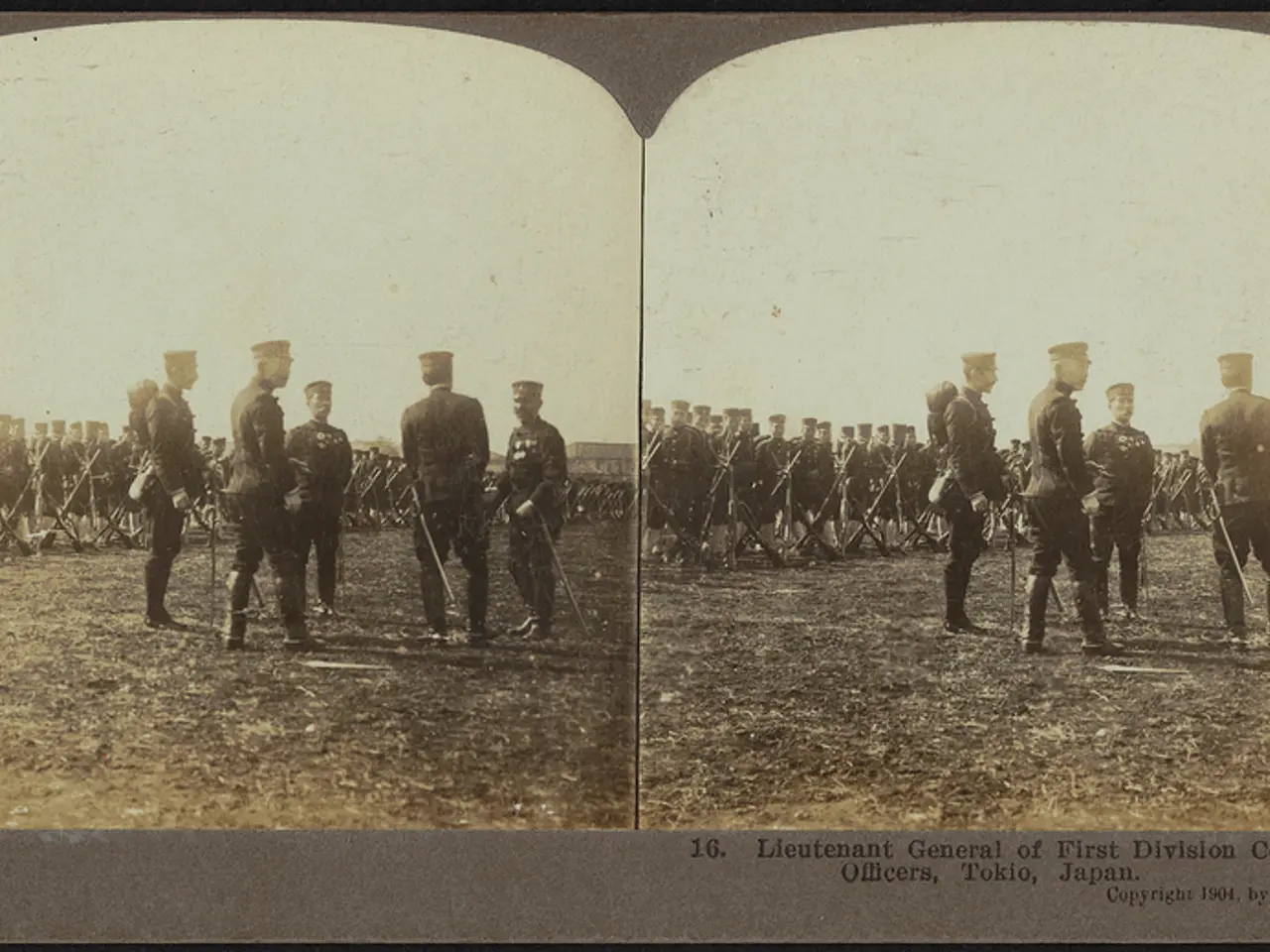Restore Print Publications for Branches
Revitalizing Army Publications: A Focus on Irregular Warfare
The Army is being called upon to reevaluate its professional publications and foster a military community invested in advancing the profession. This renewed focus could be the key to galvanizing change, as outlined by Zachary Griffiths, an Army officer who edits for the Irregular Warfare Initiative (IWI).
One of the primary steps the Army should consider is adding its publications to the incoming chief of staff's list of transition team priorities. Additionally, convening a publication summit and revising Army Pamphlet 25-40 to facilitate the transition to more modern formats could help drive this transformation.
A potential solution for modernizing the Army's branch magazines is to share editorial control with a volunteer board of students in professional military education. This structure could mirror the way law schools operate their legal journals, with newer members starting by assisting and gradually taking on more responsibilities.
The improved branch magazines should evolve into multiplatform outlets, built around a core of contributing officers. These outlets should also be indexed and tagged with modern metadata, ensuring easy access for students in professional military education, doctrine writers, and others.
Turnover in volunteer editors could create a virtuous cycle, with volunteers recruiting the next cohort, continuing to support the magazine when they return to the field, and then recommending their talented junior officers to volunteer in the future.
Establishing editorial boards to remain synchronized with command priorities is also crucial. The institutional memory embodied by resources like the Ike Skelton Combined Arms Research Library and other online indices make professional journals an important historical record.
Reviving branch magazines will build a cohort of writers and thinkers that the Army will need to guide it through the next war. After training, the volunteers would solicit, select, edit, and publish articles with support from the branch's public affairs professionals. They could also manage the outlet's social media presence to ensure it continues to reach its intended audience.
It's worth noting that IWI thrived while Special Warfare magazine declined, primarily due to IWI's focus on addressing contemporary irregular and psychological warfare with fresh, in-depth content and thought leadership. IWI's success is rooted in its topical and dynamic content on irregular warfare, integration of diverse perspectives and interagency insights, and focus on psychological and information operations.
In contrast, Special Warfare has maintained a traditional focus on special operations forces (SOF), leadership narratives, and tactical analyses. While valuable, this focus may have limited its growth or appeal given its specialized content and less apparent focus on integrating emerging domains like cyber, space, and psychological warfare.
The best place to pilot this style of editorial team is at the branch centers of excellence. Students in captains career courses who excel in the writing portion of the GRE or during the courses' writing modules could move into a writing elective or volunteer program that equips them to edit articles for their branch magazines. The Army could then train these military students as junior editors and encourage them to continue as volunteer editors when they return to the force.
Fixing article indexing is essential to ensure students in professional military education, doctrine writers, and others have easy access to these articles. It's also crucial for preserving these publications for future research and serving as an important historical record.
- The improved branch magazines should also be active on social media platforms to ensure they continue to reach their intended audience.
- The Army should consider incorporating military education institutions in the editorial process, mimicking the structure of law school legal journals.
- The revamped branch magazines should include not only traditional military topics, but also modern domains like cyber and psychological warfare.
- Strategically, IWI's focus on irregular and psychological warfare, along with thought leadership and interagency insights, has contributed to its success and growth.








